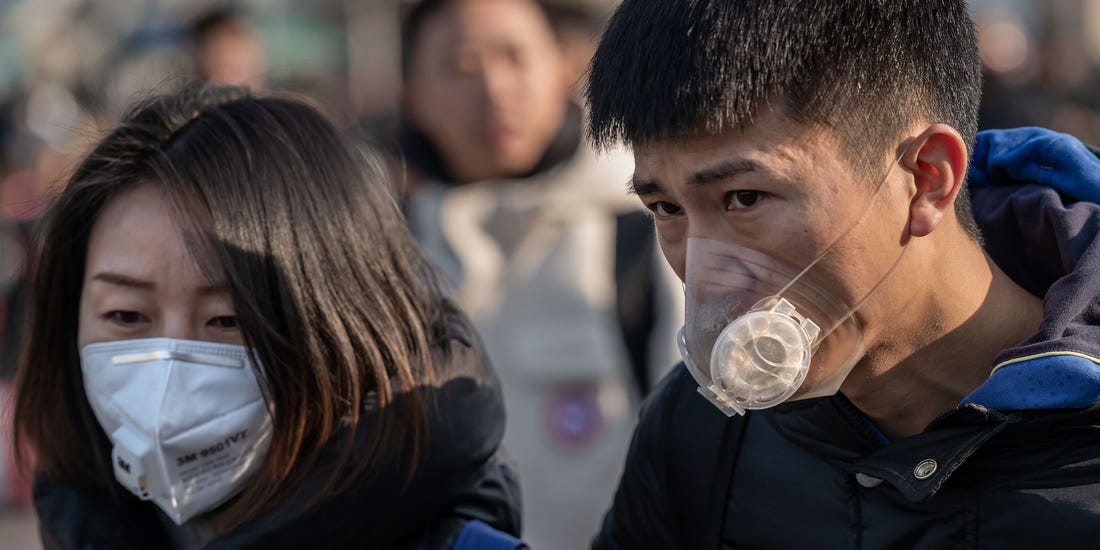What are the coronavirus symptoms?
The coronavirus symptoms start with a fever followed by a dry cough which can lead to breathing problems. Coronavirus infects the lungs. According to scientists, it takes approximately 5 days to start showing the symptoms but some people will get symptoms much later than this. The World Health Organisation (WHO) has stated that the incubation period lasts up to 14 days. However, some researchers say it may be up to 24 days.
How does coronavirus spreads?
Coronavirus spreads when an infected person coughs small droplets – packed with the virus into the air. These can be breathed in, or cause an infection if you touch a surface, they have landed on then your eyes, nose or mouth.
How to protect yourself?
- Regularly and thoroughly wash your hands, preferably with soap and water but avoid washing your hands excessively.
- Cough and sneeze into tissues and throw used tissues in bins afterwards.
- Do not touch your face with unwashed hands.
- Avoid close contact with infected people.
Coronavirus: How to protect your mental health?
Coronavirus has unexpectedly placed the world into uncertainty and the constant news about the pandemic can put a lot of stress and anxiety on one’s life. Unfortunately, all of this is taking its toll on people’s mental health, particularly those already living with conditions like anxiety and OCD.
It is normal and understandable for many of us to be concern about the news, but for many people, this can worsen their mental health problems.
When the World Health Organization (WHO) released advice on protecting your mental health during the coronavirus outbreak, it was welcomed on social media.
The following are some tips on how to prevent mental health:-
- Limit the news and be careful what you read, listen to or watch.
- Limit the amount of time you spend reading or watching things which are not making you feel better. Perhaps decide on a specific time to check in with the news.
- There is a lot of misinformation swirling around – stay informed by sticking to trusted sources of information such as government and NHS websites.
– Have breaks from social media and mute things which are triggering anxiety.
– Mute WhatsApp groups and hide Facebook posts and feeds if you find them too overwhelming.
Obsessive compulsive disorder (OCD) Action has seen an increase in support requests from people whose fears have become focused on the coronavirus pandemic. For people with OCD and some types of anxiety, being constantly told to wash your hands can be especially difficult to hear.
Stay connected with people
Increasing numbers will join those already in self-isolation so now might be a good time to make sure you have the right contact details including telephone numbers and email addresses of the people you care about.
Agree regular check-in times and feel connected to the people around you.
If you are self-isolated, strike a balance between having a routine and making sure each day has some variety.
It might end up actually feeling like quite a productive two weeks. You could work through your to-do list or read a book you’d been meaning to get to.
Avoid burnout
With weeks and months of the coronavirus pandemic ahead, it is important to have relaxing time. Mind recommends continuing to access nature and sunlight wherever possible.
By all means, do exercise, eat well and stay hydrated.
Practising safe tips can lead to good health.



